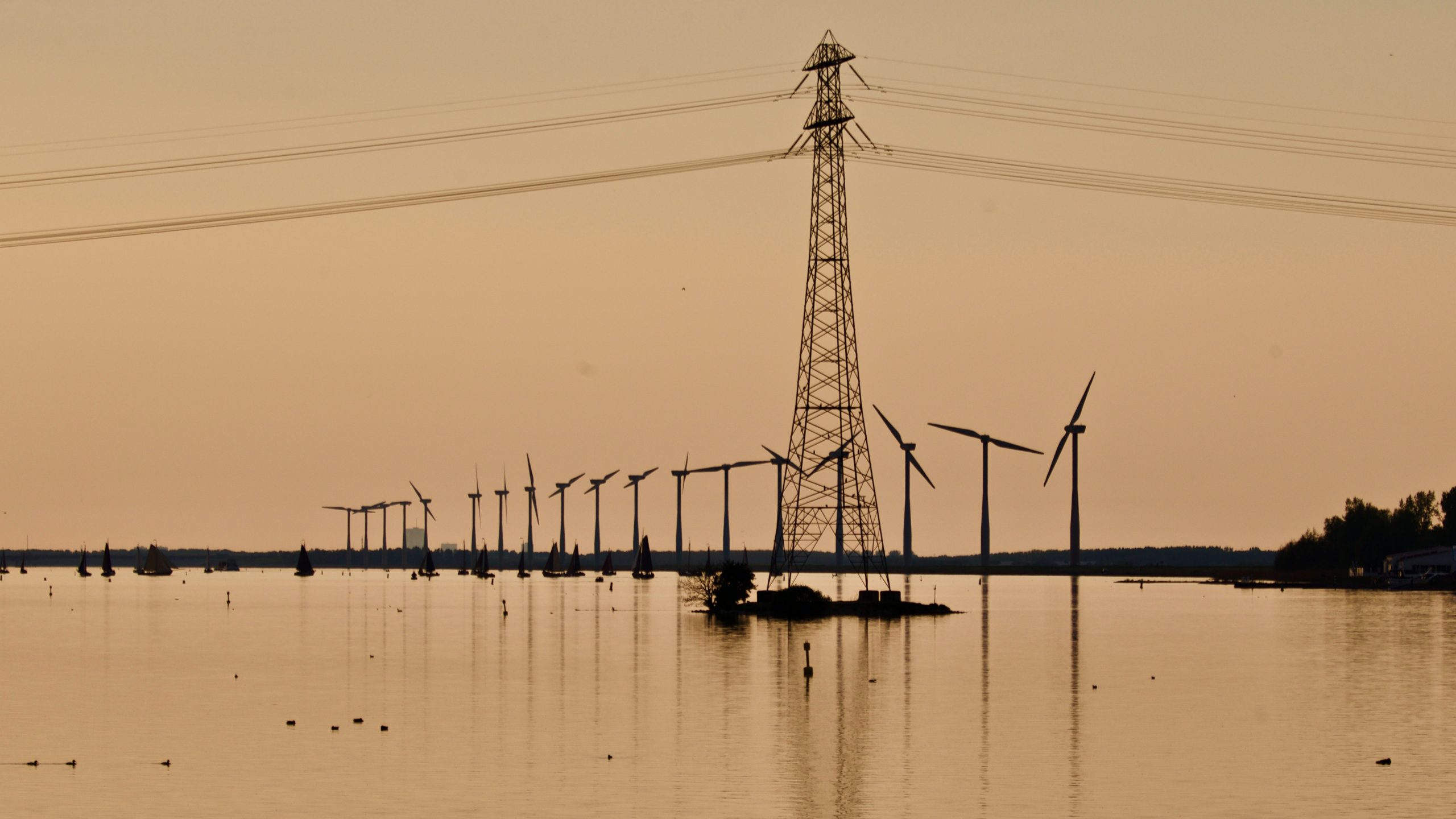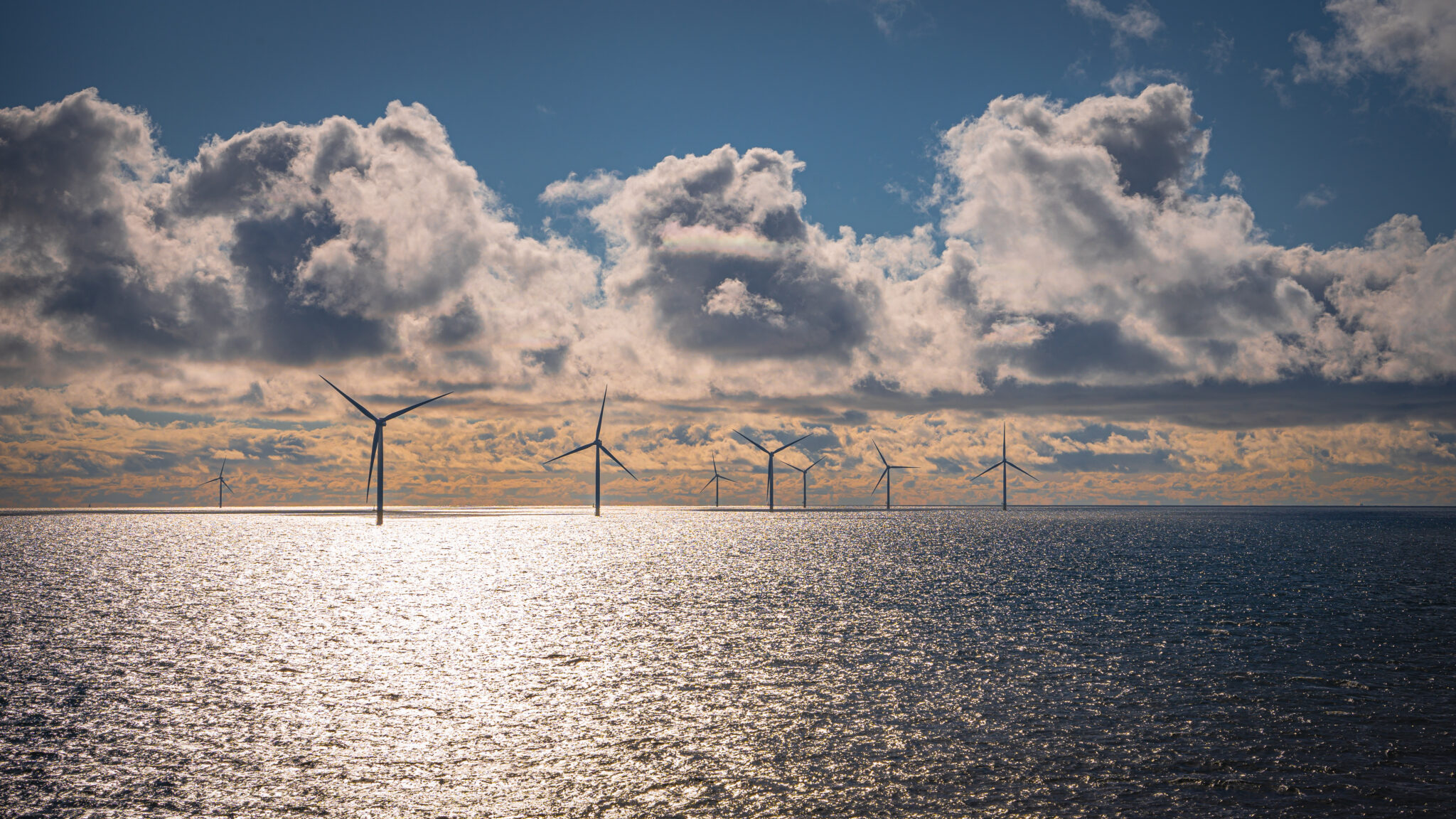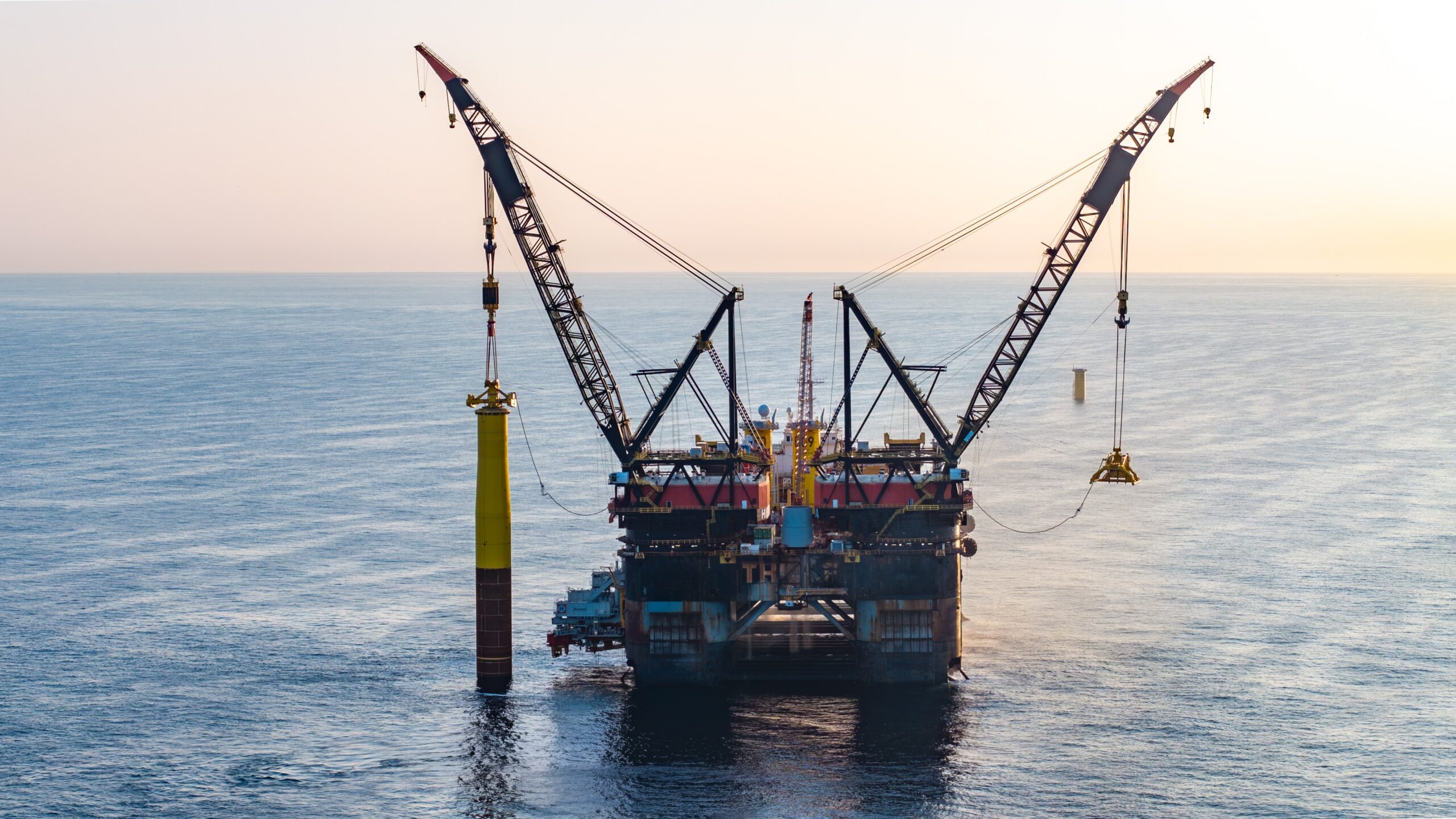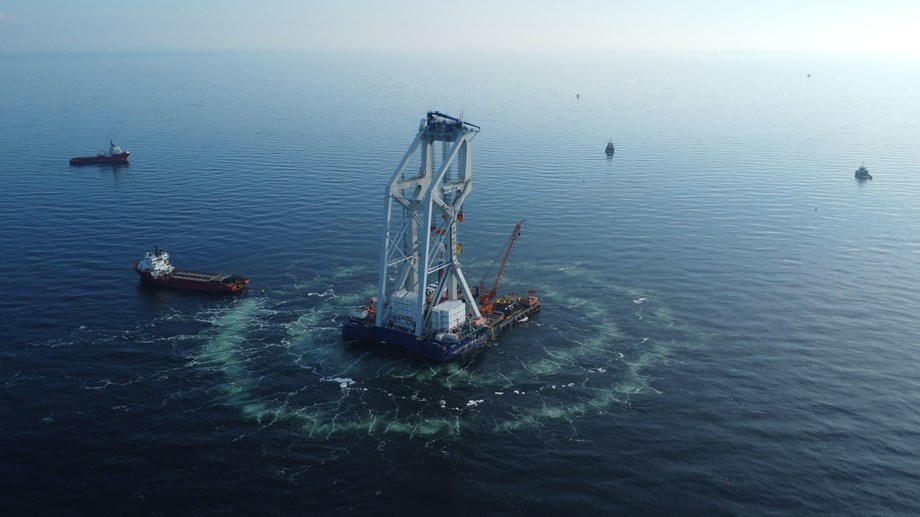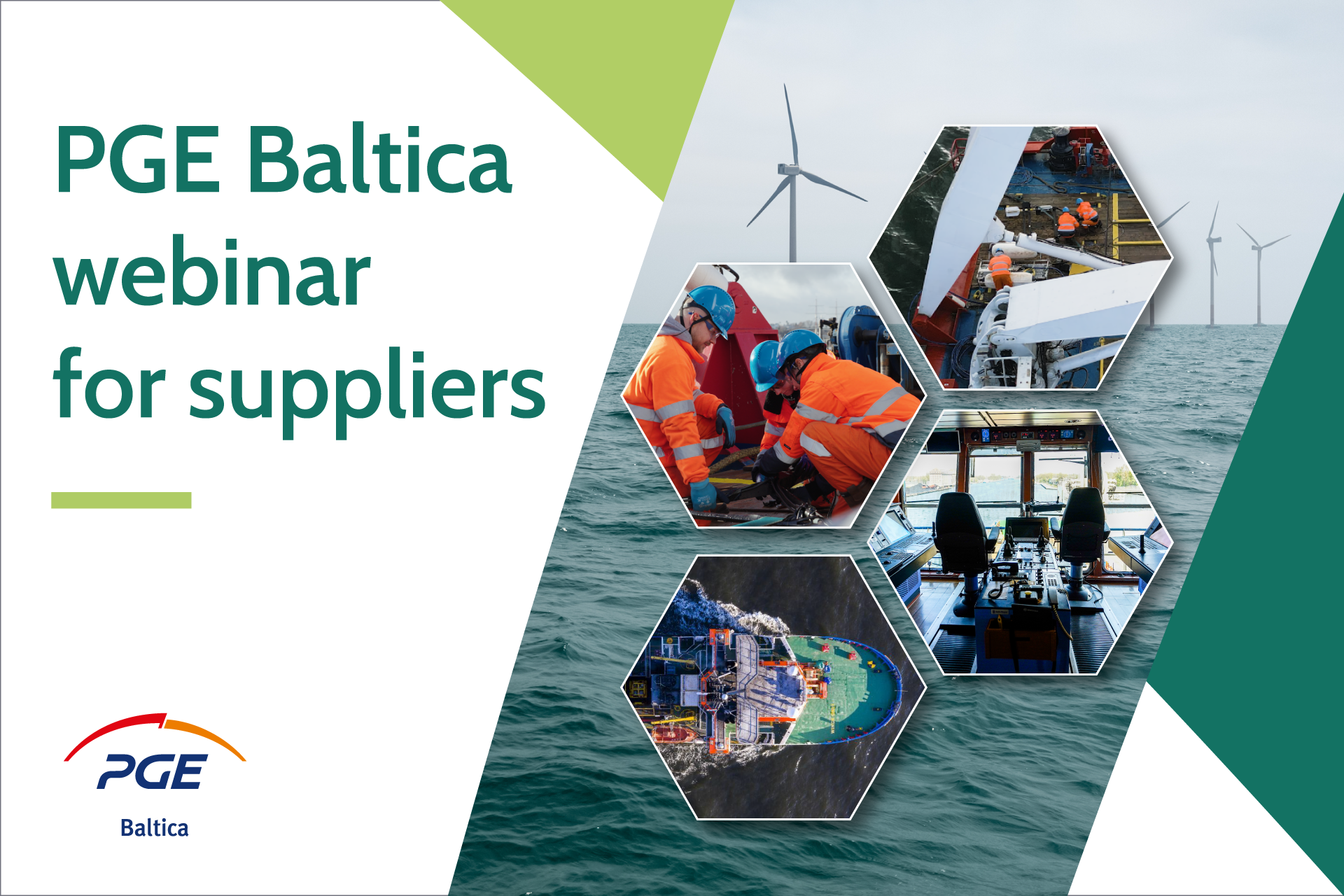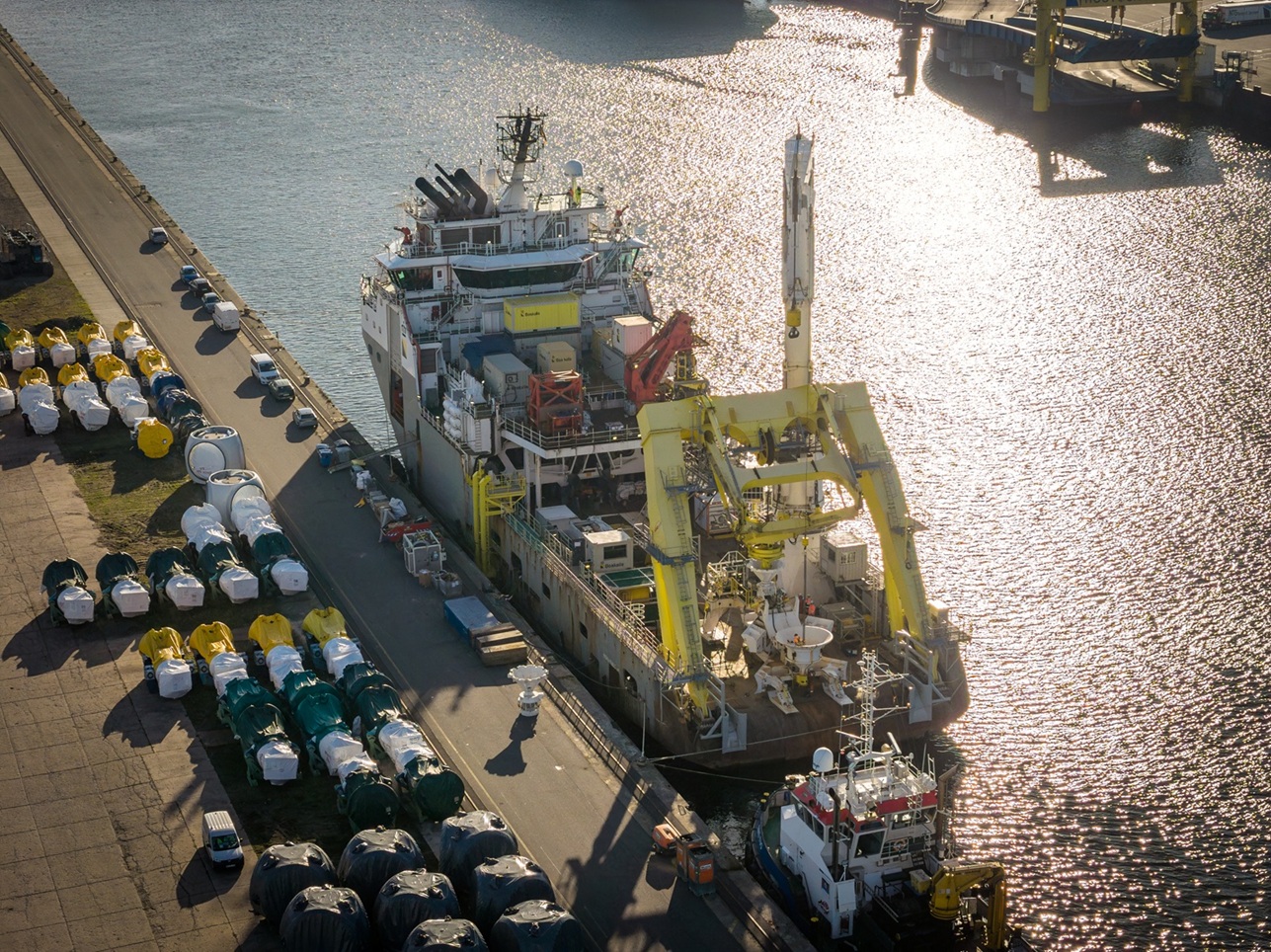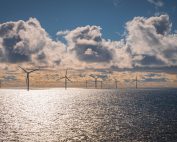Vattenfall, following the sale of its Berlin district heating business, has announced a new strategy for the German market, which involves significant investment in the development of renewable energy production infrastructure and the development of electromobility. Investments in excess of €5 billion are planned until 2028. The main objective is to create a zero-carbon energy grid based on wind, solar and battery projects and to develop solutions for households.
Offshore as an investment priority
Vattenfall is stepping up its activities in the offshore sector with plans to launch two offshore wind farms – Nordlicht 1 and 2 – with a total capacity of 1.6 GW. By 2028, these investments are expected to increase Germany’s wind capacity, a key element in Vattenfall’s strategy. The company notes that Germany is currently the fastest growing renewables market in Europe, making offshore investments here extremely promising. ‘We are betting on strong growth in Germany as the country seeks to significantly increase demand for green energy’, emphasises Robert Zurawski, Vattenfall’s CFO for Germany.
Investments in battery infrastructure and photovoltaics
Another key element of the strategy is the expansion of solar infrastructure and battery installations, which will work in combination to enable efficient management of the variability of energy production from the sun. ‘We aim to add around 500 MW of solar capacity and 300 MW of battery capacity each year to match market needs’, explains Zurawski. An additional priority is the development of agro-photovoltaic projects, which combine solar power production with agricultural operations to make more efficient use of space.
Long-term contracts for industry
Vattenfall also enters into long-term contracts with industry, responding to the growing demand for green energy among large companies. Examples are the contracts with Evonik and Salzgitter, which contribute to the financial stability of Vattenfall’s investments in return for stable energy supplies under long-term contracts. ‘Energy partnerships offer price stability and reduce risks for both suppliers and consumers of renewable energy’, explains Zurawski.
Charging infrastructure development and electromobility
In parallel to investments in renewable energy, Vattenfall is committed to developing infrastructure for electromobility. The company plans to spend around EUR 500 million on the development of charging infrastructure for electric cars, which includes the installation, operation and maintenance of charging stations and the sale of energy through special tariffs for electric vehicles.
Vattenfall’s new strategy for the German market is based on significant investments in renewables, charging infrastructure and innovative solutions for end customers. The company says it wants to continue to grow and capitalise on the growing demand for renewable energy in Germany, as well as contribute to the country’s energy transition.
Source: Vattenfall
